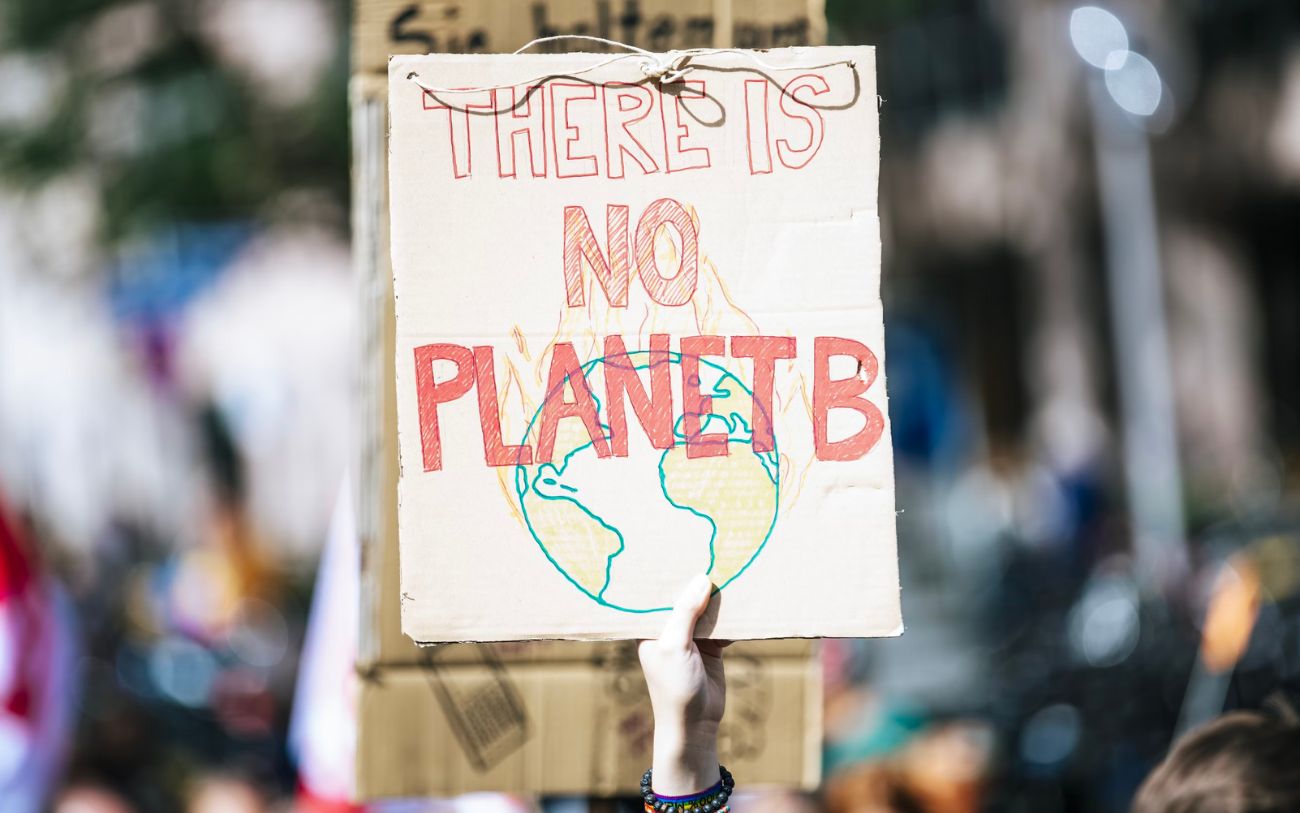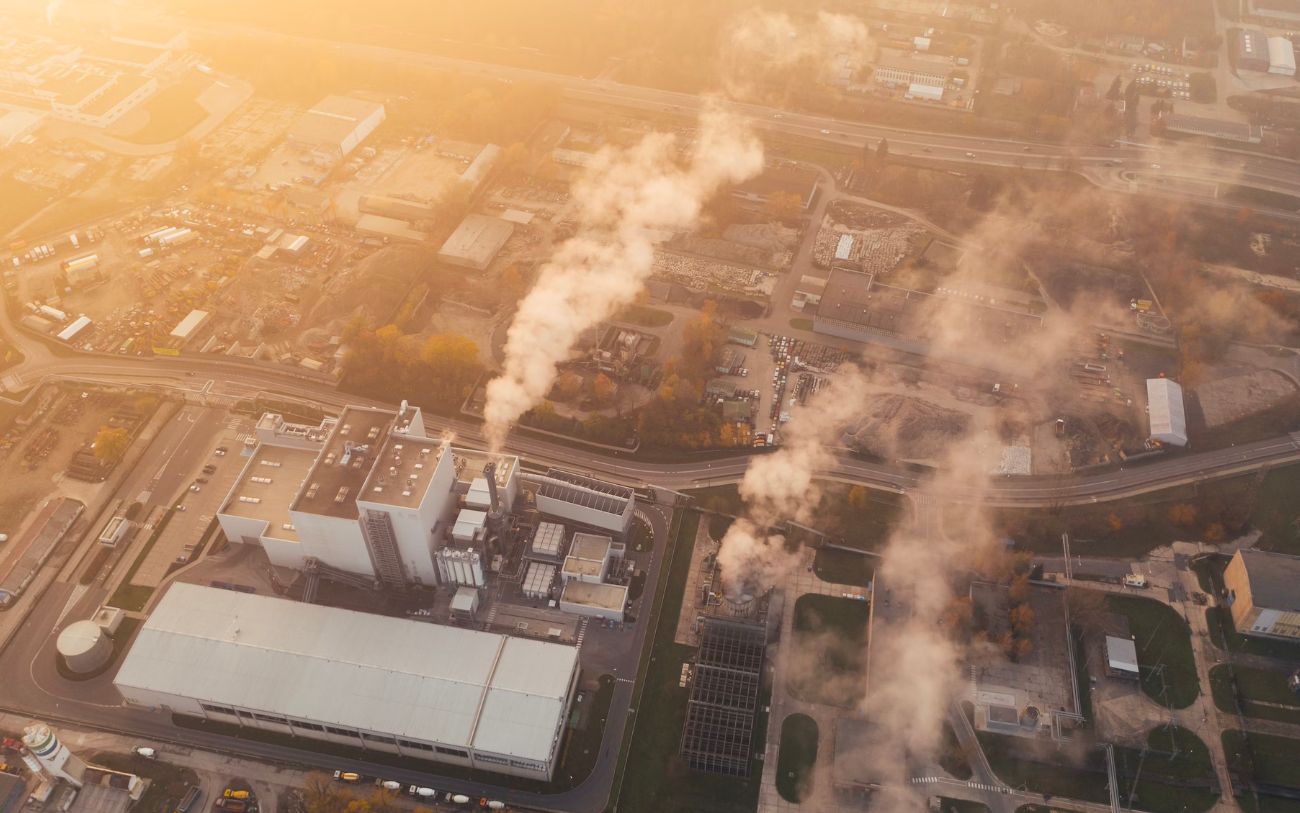Climate Change Impact: The Steep Economic Cost of Warming Climates
As the Earth’s climate continues to change, its ripple effects touch every facet of our lives. The implications stretch beyond mere environmental degradation, spiraling into profound economic and social challenges.
The Economic Cost of a Warmer World
Our global economy is intricately tied to the health of our environment. Current projections warn that if climate change proceeds unchecked, by the middle of this century, we could see a loss of over 10% of the world’s total economic value.
Missing the benchmarks set by the Paris Agreement and the 2050 net-zero emissions targets would likely trigger vast economic repercussions, including:
Diminished Human Health and Productivity
Increased disease prevalence and heat stress can decrease the productivity of a nation’s workforce.
Infrastructure and Property Damage
The increased frequency of extreme weather events can lead to massive damages to both public and private properties.
Challenges to Key Industries
Agriculture, forestry, fisheries, and tourism—sectors crucial to many economies—face vulnerabilities from changing climatic conditions.
Energy Demand and Supply Issues
As temperatures rise, so does the demand for cooling energy. However, power generation becomes less reliable due to water scarcity and other challenges.
Water Resource Strain
Diminishing snowpacks, irregular rainfall patterns, and rising temperatures can lead to a reduced availability of fresh water.
Trade and Supply Chain Disruptions
Extreme weather can halt transportation, disrupting both domestic and international trade.
More Than Just Economics:
Beyond the immediate economic challenges, the broader societal consequences of climate change include:
Ecosystem Disruption
Rapid changes are causing habitats to shift or vanish, resulting in a catastrophic loss of biodiversity and the endangerment of countless species.
Food and Water Insecurity
Unpredictable weather patterns could jeopardize crop yields, escalating the risk of global food shortages, while water sources become scarce or polluted.
Health Hazards
The world will witness more frequent heatwaves, increased levels of air pollution, and the spread of vector-borne diseases, placing immense strain on healthcare systems.
Migration and Potential Conflict
As regions become uninhabitable due to climate extremes or resource scarcity, communities may be forced to migrate, leading to potential conflicts over diminishing resources.
Coastal Area Losses
The relentless rise in sea levels will threaten coastal habitats, forcing communities to move inland, resulting in economic and social dislocation.
To counteract these formidable challenges, a unified global response is essential. This involves aggressive measures to cut down greenhouse gas emissions, accelerate the transition towards renewable energy, and embrace sustainable practices across all sectors. Only by working collaboratively can we hope to safeguard our planet for future generations.
At NetZero.Earth, we’re driven by a bold vision: promoting environmental sustainability and helping GCC businesses understand and reduce their carbon emissions.
Our expert team is ready to collaborate closely with you, developing strategies that align with your sustainability goals. And if you don’t have clear goals, we’ll help you create them.
Get in touch.
contact@netzero.earth.




Leave a Reply